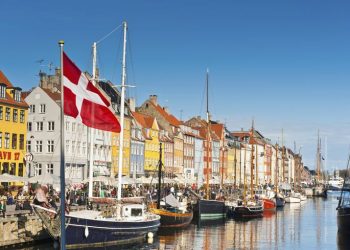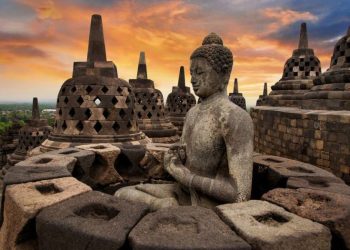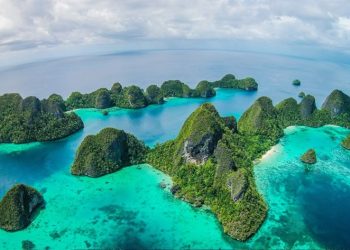Bandung, IndonesiaSentinel.com — The Salak Agroforestry System in Karangasem, Bali, Indonesia, is recognized globally for its innovative integration of indigenous knowledge and modern sustainability practices. Managed by local Balinese farmers through the traditional Subak Abian system, this model showcases a cooperative water management approach rooted in the Tri Hita Karana philosophy, which emphasizes harmony between people, nature, and spirituality. The system serves as an example of effective social and environmental water management.
Additionally, this agroforestry system, which incorporates a multi-cropping method, plays a key role in carbon sequestration, biodiversity conservation, and building resilience to climate change. The cultivation of salak (snake fruit) within this system not only supports global food security but also highlights the ecological benefits of blending traditional practices with modern sustainable agriculture.
Agrobiodiversity and Ecosystem Resilience
The agroforestry system in Karangasem boasts an impressive level of agrobiodiversity, housing the largest variety of Salak types globally, with 14 unique species being cultivated. This diversity strengthens the system’s resilience by supporting a wide array of plant species that enhance ecosystem stability.
The agroforestry model incorporates various crops, including bananas, coconuts, and vegetables, reducing the dependency on single-crop farming. This diversified approach lowers the risk of pest infestations and diseases, promoting a healthier agricultural environment. The layered structure of the agroforestry system, as the taller canopy trees providing shade to the plants below, has optimizes land use and creates habitats for diverse species.
Fewer than 80 Individuals Remain, Indonesian Rhinos Threatened Extinction!
This approach is essential for preserving genetic resources, which are vital for adapting to changing environmental conditions, ensuring long-term sustainability in agricultural practices.
Traditional Knowledge of Water Management
The success of the Salak Agroforestry System in Bali is deeply rooted in the traditional knowledge of the Subak Abian farmer groups. These farmers employ sustainable methods based on ancient Balinese philosophies like Tri Hita Karana and Tri Mandala, which prioritize balance between humans, the environment, and spiritual beliefs.
The Subak system in Bali is a traditional method of water management that functions democratically through cooperative decision-making. Allowing farmers to make cooperative decisions regarding water distribution. It manages water distribution across watersheds using an intricate network of canals, tunnels, and water temples, ensuring fair allocation of water, supporting both agricultural productivity and ecological sustainability.
Securing Livelihoods Through Sustainable Practices
Beyond its ecological benefits, Bali Salak Agroforestry System plays a crucial role in supporting local livelihoods. The diverse, year-round harvests provide economic security and resilience for the local communities. The system supports various income-generating activities, including the sale of fresh and processed salak products and agrotourism, which contributes to the region’s socio-economic stability.
Efforts to promote local cultivation and processing, alongside agrotourism initiatives, ensure a stable food supply and enhance the income of farmers. By blending sustainability with economic opportunity, the Salak Agroforestry System demonstrates a holistic approach to preserving both the environment and the well-being of local communities.
(Raidi/Agung)

























